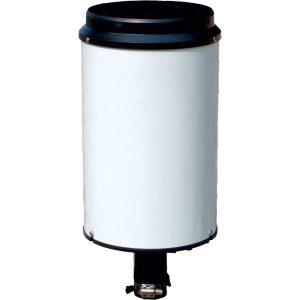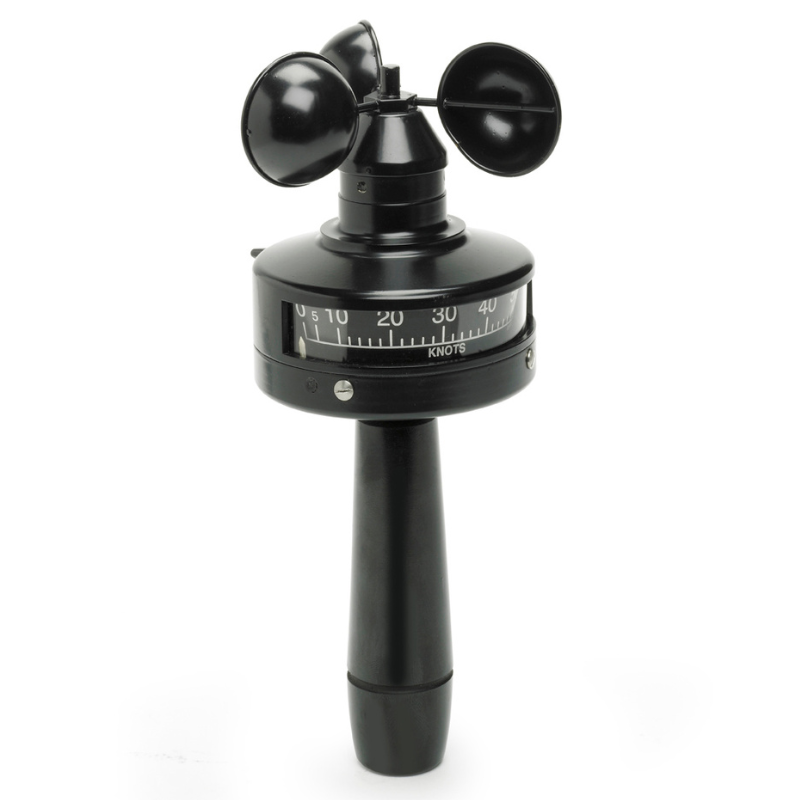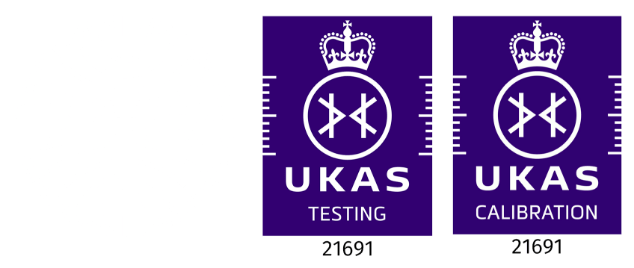A rain gauge is an instrument used to measure the amount of precipitation over a specific period. It collects and quantifies rainfall, providing crucial data for weather forecasting and aviation decision-making.
Types of Rain Gauges Used in Airports
Manual Rain Gauges
These traditional rain gauges require manual observation and are often used as backup systems.
Tipping Bucket Rain Gauges
Commonly used in airports, these gauges consist of a small bucket that tips when a set amount of rain accumulates, sending electronic signals to record precipitation.
Weighing Rain Gauges
These measure rainfall by weighing the accumulated water, providing highly accurate readings.
Optical Rain Gauges
Using laser or infrared beams, these devices detect rainfall intensity and provide real-time monitoring without physical collection.
Acoustic Rain Gauges
Advanced sensors detect raindrop impacts on a surface, estimating rainfall rates through sound frequency analysis.
How Rain Gauges Work in Airport Meteorology
Rain gauges at airports measure rainfall intensity and accumulation, transmitting real-time data to meteorological stations. This information helps forecast weather conditions, improving flight safety and scheduling.
Importance of Rain Gauges in Airport Operations
- Runway Conditions: Rainfall affects runway friction and braking efficiency.
- Flight Takeoff and Landing: Heavy rain can impact visibility and aircraft performance.
- Storm Prediction: Rain gauges contribute to weather models that help anticipate severe storms.
Rain Gauge for an Airport
Selecting the best rain gauge depends on accuracy requirements, durability, and cost considerations. Popular models include those from Vaisala, Campbell Scientific, and OTT Hydromet
Why are rain gauges important for airports?
They help monitor rainfall, ensuring safe runway conditions and improving flight scheduling.
What type of rain gauge is most commonly used in airports?
Tipping bucket rain gauges are widely used due to their accuracy and automation capabilities.







